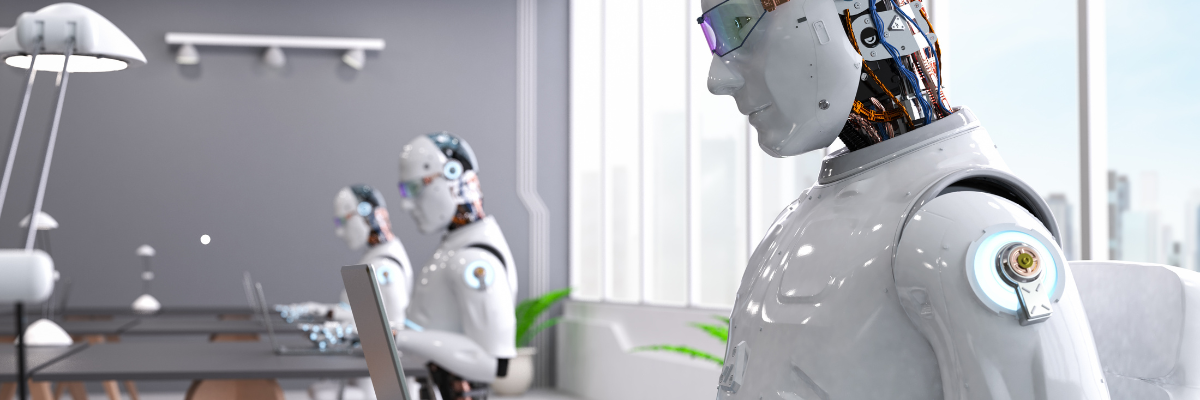6 June 2023
Will Controls Engineering be replaced by AI?

Spurred on by the rise of ChatGPT and other generative large language models, artificial intelligence (AI) is at the forefront of technology discussions today. Its potential to replace human jobs has ignited concern across many industries, including electrical & controls engineering.
Many engineering software tools use automation to generate electrical schematics, technical documents, and industrial software. These automated tools generally require substantial human input to produce reasonable results. Using AI, an engineer could hypothetically input stakeholder requirements, in a variety of formats, into a system and prompt the generation of the required outputs. Essentially, AI has potential to replace the laborious manual configuration of automated tools.
While AI leaves humans in the dust when it comes to processing data and executing repetitive tasks, it lacks the creativity and intuition of human engineers. Electrical & controls engineering requires a deep situational understanding of problems with complex dynamics, whereas AI typically fails to interpret data in a broader context even with detailed human prompting. Additionally, AI struggles to adapt to unforeseen or unpredictable scenarios that often call for novel solutions.
Engineering projects usually involve collaborating with a diverse group of multidisciplinary teams, stakeholders, and clients. AI cannot yet reproduce the interpersonal skills required to build and manage relationships, founded on human connection and trust. This trust is essential to delivering successful projects.
In the near future, I believe that rather than a threat, AI will become a vital asset in the toolbox of electrical & controls engineers. AI has unique strengths which make it a powerful productivity tool, but it should be carefully supervised to yield the best results.
It’s difficult to imagine what AI will look like in the mid to far future. It may evolve to the point of true artificial general intelligence (AGI), where it is totally indiscernible from human intelligence. In that case, an electrical & controls engineer may play a completely different role or cease to exist at all, much like how gas lamplighters faded away with the advent of electricity and electric street lighting. However, that could lead to the emergence of higher productivity occupations and a society with reduced scarcity.



